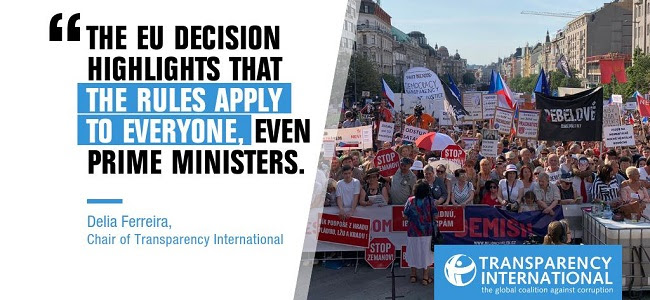ANTI-CORRUPTION LAW SERIES-6
Anticorruption law- series-6
The Prevention of Money Laundering Act, 2002
The Prevention of Money Laundering Act, 2002 (‘PMLA’) criminalizes ‘money laundering’, which it defines as direct or indirect attempts to knowingly assist or become party to, or actual involvement in, a process or activity connected with the ‘proceeds of crime’ (including its concealment, possession, acquisition or use) and in projecting or claiming such property to be untainted property. Under the PMLA, ‘proceeds of crime’ are defined to mean any property derived or obtained, directly or indirectly, by a person as a result of certain identified crimes (which are considered as predicate offences for the application of the PMLA). A crucial aspect of this law is that it permits the attachment of properties of accused persons (and other parties who are connected with the proceeds of crime), at a preliminary stage of the investigation (and even prior to conviction). The offence of money laundering attracts punishment of imprisonment of three to seven years, and a fine.
Recent legislative changes to the PMLA in 2018 have included ‘fraud’ under the Companies Act as one of the identified crimes which will attract the application of the PMLA. As a result, any property derived or obtained pursuant to a fraud will be considered ‘proceeds of crime’ under the PMLA. Unlike the PCA, ‘fraud’ under the Companies Act is not linked only to bribery of public servants, but covers a much wider ambit.
The PMLA also requires banks, financial institutions and intermediaries (such as brokers and money changers) to maintain records of transactions and KYC details of clients (as per norms specified by sectoral regulators), and to report suspicious transactions and transactions exceeding a specified value.
Black Money (Undisclosed Foreign Income & Assets) and Imposition of Tax Act, 2015
This enactment levies penal rates of tax on any undisclosed asset or income held abroad by a person resident in India and penalizes individuals for non-disclosure of foreign income or assets, willful attempt to evade tax, failure to furnish requisite returns, etc. The objective of the Act is to target undisclosed incomes and assets (potentially derived through illegal means, including corruption), which have been stashed offshore by resident Indians.
S.No
|
Dear
Ngo leaders promote activities such as :-
(All forms
of corruption must be ended to secure the basic rights of all people and
ensure a world where everyone can live in dignity)
|
1.
|
Organize,
communicate, and raise awareness on Anti corruption laws to your target
people.
|
2.
|
Identify
the victims and witnesses of corruption in your working area
|
3.
|
Identify
the need of Legal consultancy for Consumer rights, women’s rights, Child
rights, aged rights, revenue, education, documents registration, social
welfare, public and temple property panchayat, forest, insurance, and all
government department corruptions related issues etc
|
4.
|
Contact
for such issues with an affidavit and we will make the difference
|
We also know
that corruption can’t be rooted out in one big sweep. Rather, fighting it is
a step-by-step, project-by-project process.
|
MANISHANKAR
CEO-Anti-Corruption
And Human Rights Movement®-Chennai
Mobile:91
9087856137
Follow us on:




Comments
Post a Comment